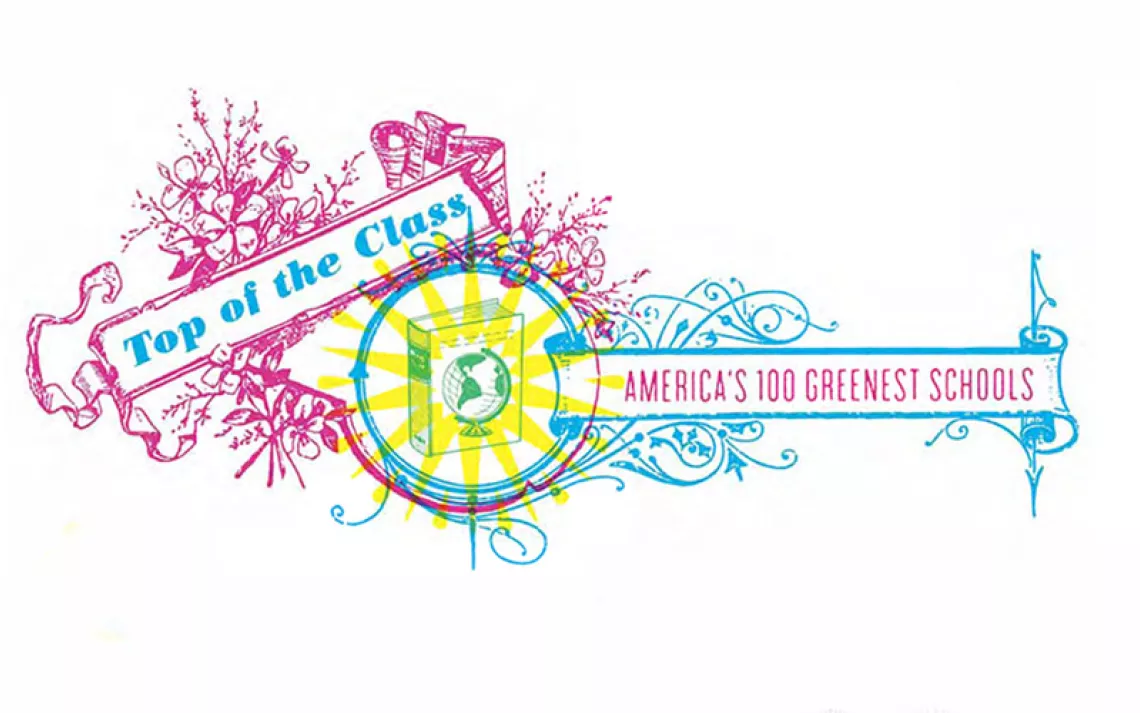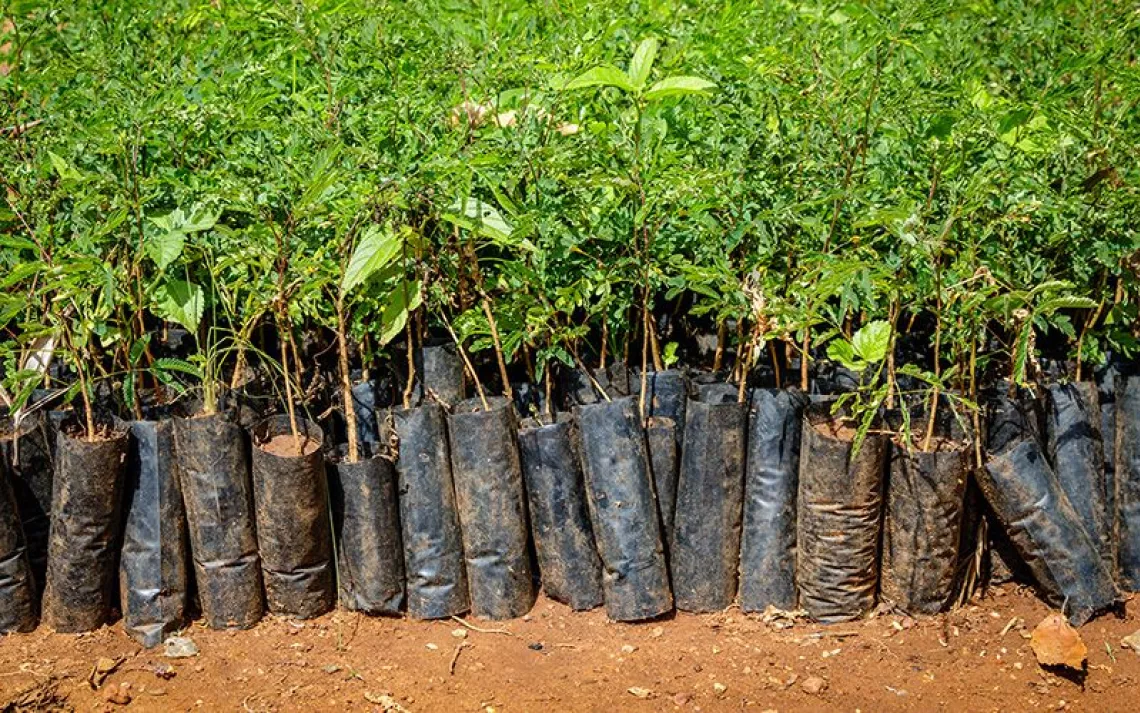Cool Schools 2013 Methodology
PARTICIPATION
Participation in Sierra magazine's Cool Schools ranking is open to all four-year undergraduate colleges and universities in the United States. This year, campus administrators could participate by going to stars.aashe.org to complete an extensive questionnaire about their school's sustainability practices. Schools that submitted complete, updated data starting on June 2, 2013 or thereafter were eligible for this year's rankings.
Sierra received 162 complete responses from qualified colleges. Once schools submitted their data, researchers scored each response and ranked all the participating institutions. There was no cost for participation, and no affiliation or relationship between a school and the Sierra Club or its employees, past or present, influenced the ranking.
SURVEY
The survey, officially called the Campus Sustainability Data Collector, is the result of the collaborative efforts of four organizations: the Sierra Club, the Association for the Advancement of Sustainability in Higher Education (AASHE), the Sustainable Endowments Institute (SEI), and the Princeton Review. It is something of an amalgamation of all four organizations' questionnaires of recent years, and its questions center on measurable environmental achievements and goals, with priority given to achievements. (Schools did not need to be members of AASHE's STARS program to use the collector if they chose to share their data with Sierra.)
The purpose of this collaboration was to reduce the amount of time campus staffers spend completing separate surveys. Together, the groups sought to streamline the schools' reporting process to more closely resemble the way campuses already collect and report sustainability data. Another benefit of this collaborative questionnaire: It allows for a broad, deep investigation into a wide variety of environmental efforts while aiming to reduce college administrators' reported "survey fatigue" of years past.
EVALUATION
Evaluation was based primarily on schools' responses to the survey but when appropriate, we made follow-up inquires by phone and e-mail and used publicly available outside sources to verify and complement survey responses. Final ranking decisions, however, were based on our scoring key, a rubric which emphasizes the Sierra Club's environmental priorities and rewards schools that do a good job of measuring and mitigating their impact. When it came to survey responses, all submitted materials were considered, though where answers were blank, unclear, or inconsistent, institutions were not awarded full credit.
RESULTS
The resultant Cool Schools ranking is an index that provides fair, comparative information about the most important elements of campus sustainability. The results suggest that while many universities are making admirable progress, no school has yet attained complete sustainability. The top-rated university scored 850 (out of a possible 1,000 points), indicating much work completed and also room for improvement.
The United States has more than 2,000 four-year colleges and universities, so there are, of course, schools that care about the environment that don't appear on Sierra's list. That said, the magazine's ranking aims to act as a guide for prospective students who seek a way to compare colleges based on their commitment to environmentalism. It also serves to spur competition, create aspirational standards, and publicly reward the institutions that work hard to protect the planet.
SPECIAL THANKS
Sierra is grateful to researchers Don Dresser, Jake Abrahamson, and Robert Cuttino for their valuable work in developing this methodology and handling the surveys and scoring process.
 The Magazine of The Sierra Club
The Magazine of The Sierra Club







